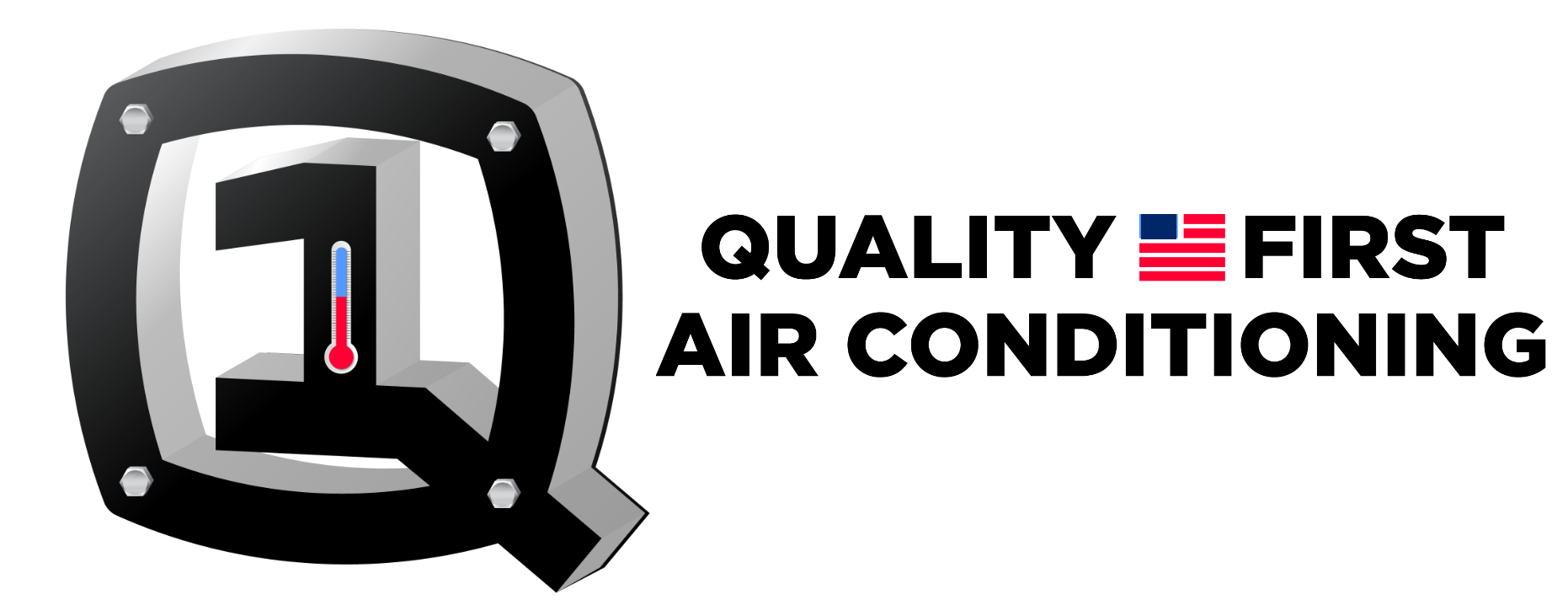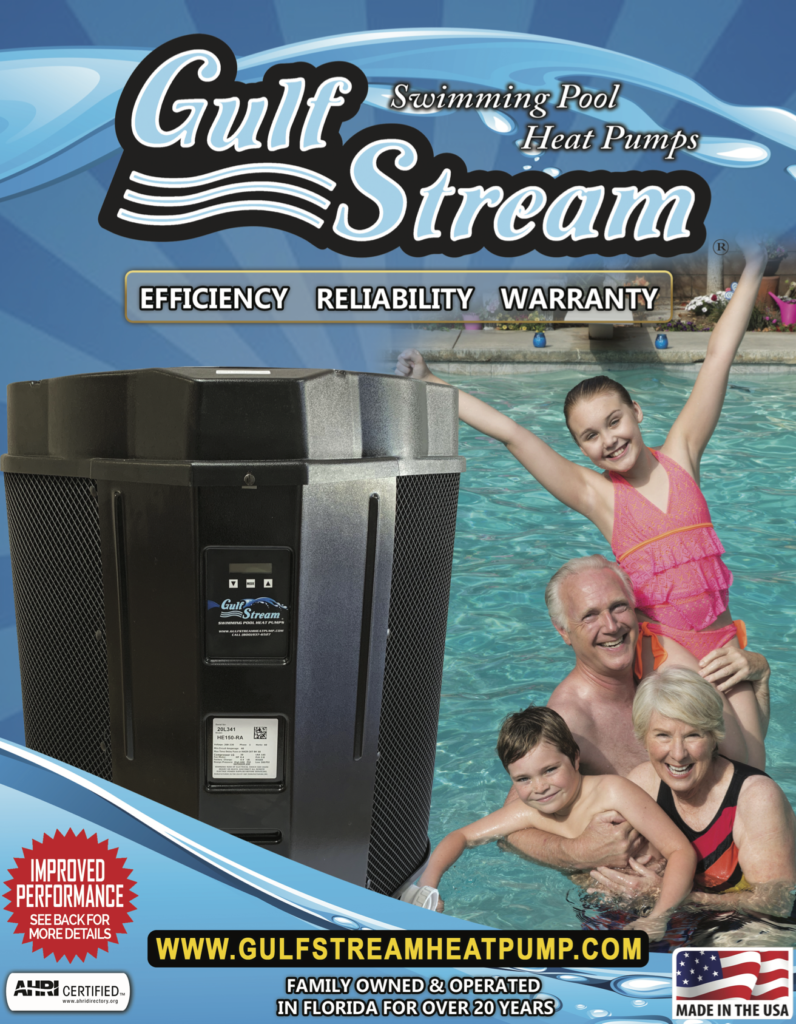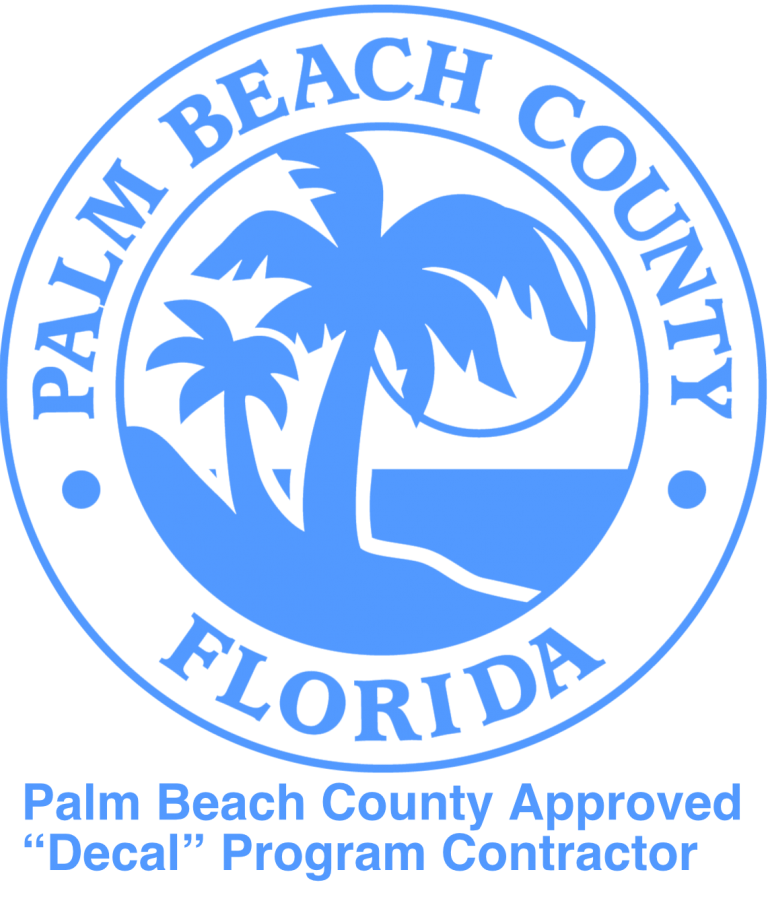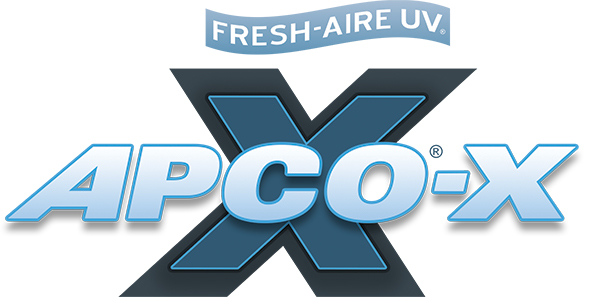Similarities of Pool Heat Pump and Air Conditioning Technologies
What type of system consists of a thermostat, compressor, evaporator coil, fan, expansion valve, and circulates refrigerant such as R410A? Many people would reply with the answer being residential air conditioning systems. While this is certainly correct, there is a second equally correct response – residential pool heat pumps.
Pool heat pumps are basically air conditioning systems in reverse.
Pool heat pump systems use very similar technology to central air conditioning systems. Pool heat pumps use a fan and compressor to take heat from surrounding air and transfer it to the pool. The fan blows air out of the unit and this process draws air over the evaporator coil. This process then transfers heat from the air to the refrigerant gas flowing inside the refrigerant pipes. The compressor compresses the refrigerant gas which causes its temperature to increase significantly. This hot gas is passed through a heat exchanger that has the pool water circulating around the hot refrigerant gas causing heat to be transferred to the pool water.
Why heat a pool?
Florida, California and Arizona have the most inground swimming pools in the United States. Statistically, swimming is the fifth most popular activity in the Country. Residential swimming pools are also an investment and add significant value to homes. Having a heated pool allows families and friends to enjoy the benefits of using a private pool year-round, even in the peak of the coldest winter months in South Florida.
Why use heat pump technology to heat a pool?
A heat pump uses South Florida’s “free heat” to warm the pool water. Electricity is only needed to run the system to transfer the heat, not to create it. There are considerable operational cost savings in using heat pump technology as compared to gas or electric heating. A heat pump is the most economical, safe, and trouble-free way to heat a pool.
Is it expensive to operate a pool heat pump?
Studies from leading pool heat pump manufacturers located in South Florida show that operating a pool heat pump year-round at a temperature of 85 degrees, costs on average approximately $1,000 per year, converting to under $100 per month.
How long do pool heat pumps last?
On average, much like residential air conditioning systems in South Florida, the expected useful life of a pool heat pump system is 8-12 years. It’s not uncommon to see these systems last up to 15 years, depending on how well they are cared for and maintained.
Where should I get a pool heat pump?
Given the similarities in the underlying technologies, the ongoing need for service and preventative system maintenance, and the demonstrated synergies in leveraging a home service provider for multiple needs, the local Air Conditioning company is the best full-service provider to work with. Factory trained and qualified representatives from the local A/C dealer can help with repair, replacement, or full design and installation of a completely new pool heat pump system.


























